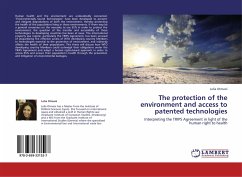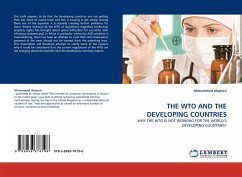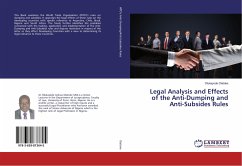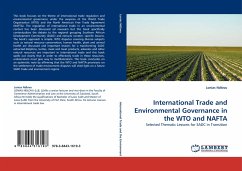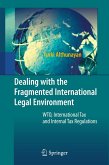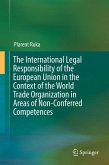Human health and the environment are undoubtedly connected. "Environmentally Sound Technologies" have been developed to prevent and mitigate degradations of both the environment, thereby protecting the health of the populations living in those environments. If there may be a general consensus on the necessity to use ESTs in order to protect the environment, the question of the transfer and accessibility of these technologies to developing countries has been at issue. The international property law regime, particularly the TRIPS Agreement, has been accused of jeopardizing the effective access of WTO developing country Members to technologies essential to the protection of environment, and indirectly affects the health of their populations. This thesis will discuss how WTO developing country Members could outweigh their obligations under the TRIPS Agreement and adopt a human rights-based approach in order to access ESTs and ensure their population's health through the prevention and mitigation of environmental damages.
Hinweis: Dieser Artikel kann nur an eine deutsche Lieferadresse ausgeliefert werden.
Hinweis: Dieser Artikel kann nur an eine deutsche Lieferadresse ausgeliefert werden.

